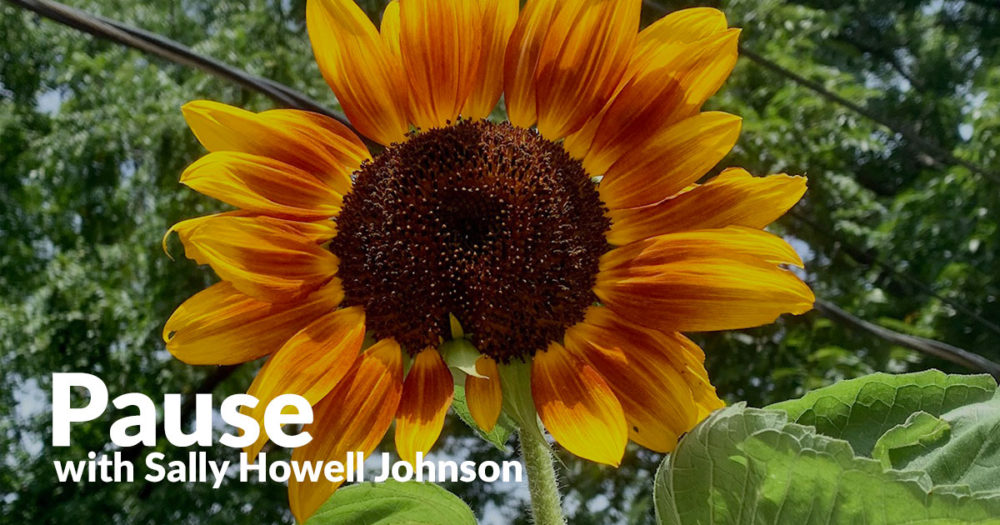Last week I walked around the shoreline of one of Minnesota’s more than 10,000
lakes. It was a frigid morning and the ice was beginning to form on the space where water washed onto the land. The sound of my own feet padding along pavement was accompanied by a clinking sound. New ice pieces were sloshing in the water like the sound of ice cubes in a frosty glass. The slightest motion of wind caused a somehow comforting connection of temperature and water to be the soundtrack for the beginning of my day. This sound was an echo of the way in which my cheeks began to feel the tingling of the cold, piercing little pinpricks of cold on flesh.
All along the lake, the beaches and grassy land was dotted with the docks and rafts that had,only a few weeks before, been floating lazily in the water. They had felt the frenzied feet of children running, jumping, diving into the cool,refreshing water. They had been the stability for those stepping on pontoon boats headed for an evening’s contemplative ride around the lake at sunset. They had held the hopeful promise of those carrying fishing rods as they packed tackle and coolers into a boat ready for a day’s catch. These wooden structures floating on the water’s surface had also been the rock on which kayakers and canoeists had steadied their bodies as they lowered themselves into their tippy, water crafts. Now they sat, alone, unmoored on land.
Perhaps it was the cold temperatures that sent my mind racing about these landed docks. More likely it was the time spent earlier in contemplation at a retreat center further down the lake. Whatever the source, I began to think about the times in our lives when it is necessary to remove ourselves from certain situations, opportunities, places, and all that allows us to make the passage from one to another. Those times when it seems the wise thing to take our dock out of the water and wait.
Sometimes this choice is not our own but is chosen for us. I have people in my life who might feel like their dock has been lifted out of the water, stranding them on land for an undefined season of time. Grief can do this. Illness, too. The loss or change in a relationship can remove that connection that bridges the ground and the ability to float. The act of taking the dock out of the water of our lives can be what allows us to take the time we need, to allow our spirits to prepare our bodies and minds for the next season, a future that is yet to be imagined.
Other times the act of taking the dock out of the water is an act of planning and wisdom. Summer turns to autumn and then to winter. Leaving the dock in the water will only result in cracked wood, the damage that comes from thawing and freezing, from water pushing and pulling on a solid mass. Removing the dock, from water or our lives, can be a choice to pay attention to the ebb and flow of changes, hopes, and questions that are nagging us. Sitting on the beach, forcing our bodies into a stillness that will feed the ‘what next’ is time well spent and provides a deep well from which to draw.
And you. Are there docks that have been lifted off their moors in your life? Is there something that might be pulled out, set aside for a time to make room for the next season, one you only sense but which does not have form in you yet?
All around Minnesota, in these November days, you can see these docks. Sitting. Waiting. Sculptures that tell of a different season. Not this one. Or the one that has past or is yet to come. They might be calling us all to stop, listen, wait. Something is always being born in us. But perhaps, not yet. Not yet.


Very moving passage about the seasons of our life. We all have docks that have been lifted
Thank you Sally for writing Pause.
PS Is that Buffalo Lake in the picture?